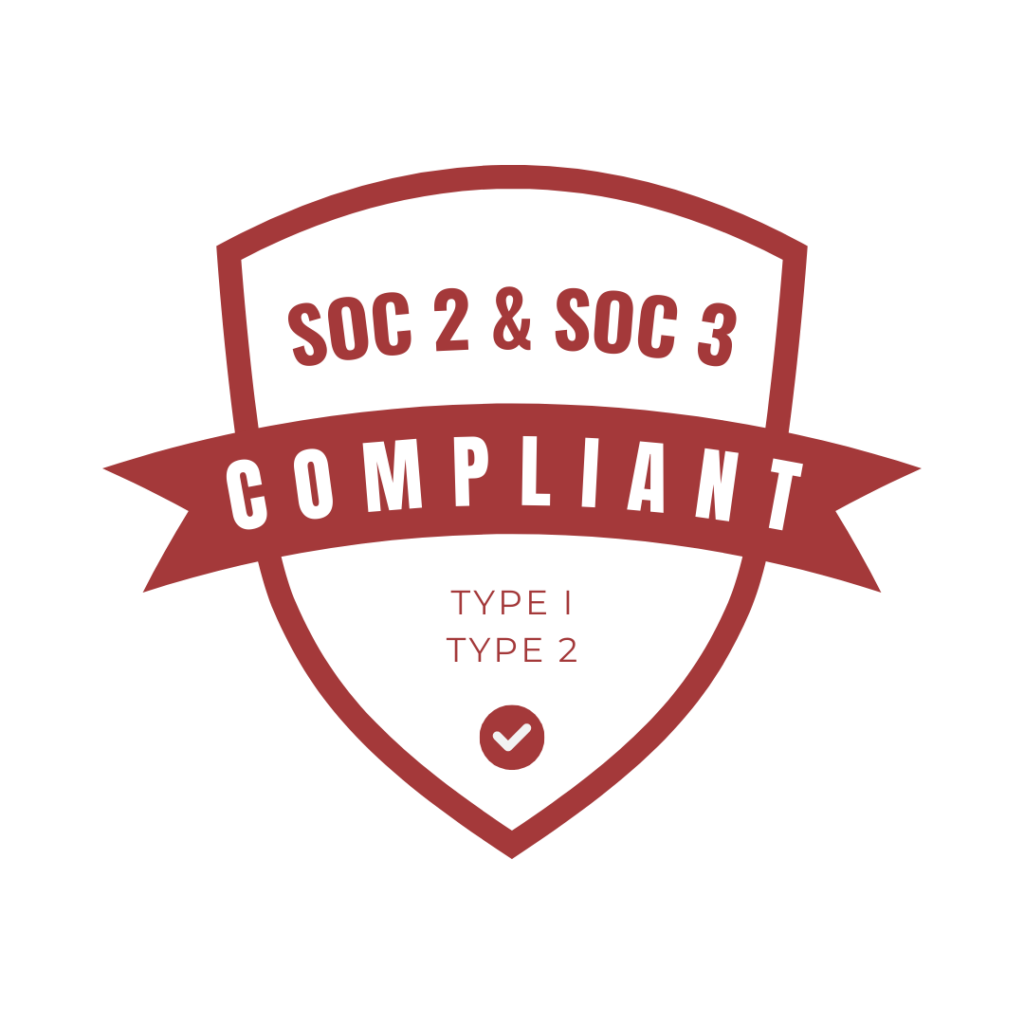
The Real ID deadline has been extended to May 3, 2023. Previously, all adults were required to get a Real ID by October 1, 2021 to access federal facilities, nuclear powerplants, and federally regulated aircraft.
Due to the COVID pandemic, many driver’s licensing agencies are still operating at limited capacity, making it challenging to issue Real ID-compliant driver’s licenses and ID cards.
The Real ID Act was passed in 2005 in order to establish minimum security standards for the issuance of identification. It has taken nearly 15 years to implement (the original deadline was in 2008). There was a deadline set for October 1, 2020, but due to COVID-19, the deadline was pushed back a year to 2021, and then again to May 3, 2023. The Act aims to eliminate terrorism by increasing requirements to obtain documents that grant access to domestic planes.
Real IDs are assigned at the DMV and many states have been issuing Real IDs for years already. In fact, you might already have one. If your driver’s license has a yellow or black star in the top corner then you’re already good to go. However, if your driver’s license says “federal limits apply” or “not for federal identification,” then you’ll need to take a trip to the DMV sometime before May 3, 2023 to get your card updated.
Minnesota, Michigan, New York, Vermont, and Washington have issued enhanced driver’s licenses (EDLs). While EDLs also allow land and sea border crossings to Canada, Mexico, and the Caribbean, they do not substitute a passport.
Documents Needed for Real IDs
To obtain a Real ID, you must present one of the following documents: social security account number card, a W-2 form, an SSA-1099 form, a non-SSA form, or a pay stub with your name and social security number. Some states explicitly require a physical document containing your social security number.
US citizens need to bring one of the following primary documents:
- Valid US Passport
- Original or certified copy of your birth certificate
- Consular Report of Birth Abroad
- Certificate of Naturalization issued by DHS, or Certificate of Citizenship.
If your current name and primary identity document are different, you should also bring a court-ordered name change document, marriage certificate, and/or your divorce decree.
Non-Citizens need to bring one of the following documents:
- Valid Permanent Resident Card
- Valid passport for non-immigrants (except for asylum applicants and refugees)
- Government-issued document showing your name
- Department of Homeland Security document proving lawful residence.
- If your name has changed by marriage or divorce, you must have your changed name on your CIS documents.
*Note that while Real IDs are not required until 2023, airlines are still cracking down on getting accurate traveler information. Some airlines like Air Canada are requiring customer contact information for contact tracing and quarantine updates. Others in the industry are expected to follow suit.
We’ll keep you updated with any Real ID news between now and May 3, 2023, so be sure to check our blog frequently.





